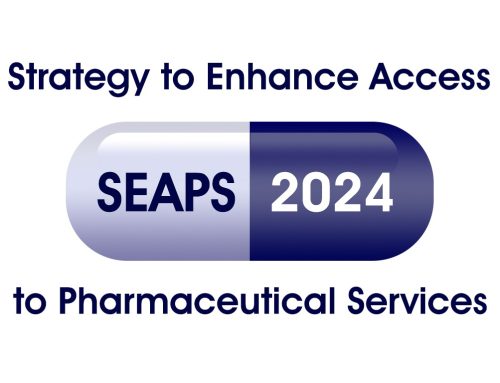
In a move aimed at enhancing patient care and medication adherence, the Komfo Anokye Teaching Hospital (KATH) in Kumasi, one of Ghana’s leading teaching hospitals, recently announced plans to introduce courier services for delivering medications to stable, chronic patients in the comfort of their homes or location of choice. However, concerns were raised by a section of pharmacists, particularly those in the retail/community pharmacy space, prompting the Pharmaceutical Society of Ghana (PSGH) leadership to task the Ashanti Regional branch leadership to contact the Director of Pharmacy for further clarification. A meeting, convened by the Director of Pharmacy at KATH, Pharm. Kwaku Sarfo, brought together PSGH Regional Executives, the CPPA Chairman, and key stakeholders to discuss the implications of the proposed medication delivery policy.
About the meeting
According to KATH, the refill policy by courier is designed to enhance compliance and adherence among patients with stable, chronic conditions. By reducing the burden on patients to travel to KATH for refills, the hospital aims to make it easier for individuals to adhere to their medication regimens. In addition, the policy provides a unique opportunity for patients to interact with their assigned pharmacists, fostering better communication and understanding. This increased engagement is expected to contribute to improved health outcomes for patients. The policy applies exclusively to medications covered by the National Health Insurance Authority (NHIA) and program medicines.
Moreover, accredited community pharmacies can be engaged as partners through agreed-upon and established modalities. This collaboration aims to ensure seamless coordination between hospital-based and community-based pharmacy services.
Positive Outcome and Future Engagements
The PSGH leadership from the Ashanti Region and the CPPA Chairman expressed satisfaction with the engagement and the insights shared by both sides. Gratitude was extended to the Director of Pharmacy at KATH for initiating the conversation and involving stakeholders in this crucial dialogue. Both parties agreed on the importance of regular engagements to continually enhance the provision of pharmaceutical care to the community.





Leave A Comment